
May 31st, 16:30 - 18:00
parallel session
The Full Recording of the Session is Available Below
This session drew on the insights and practical lessons developed over the course of the Sustainable Lifestyles and Education (SLE) Program, led by Sweden and Japan under the UN 10 Year Framework of Programmes on Sustainable Consumption and Production Patterns.
The SLE Programme is actively looking toward 2030 to consider how the experience and knowledge already developed can be engaged to catalyse essential, large-scale lifestyle changes across cultures, geographies, and economic circumstances. What's also clear is that while changes in lifestyle aspirations and household consumption patterns are a prerequisite to addressing environmental crises, we simply can't expect individuals and households to bear all the responsibility for making the changes - not least because households steer only a part of the problem.
To this end, we examined how putting insight into practice can be achieved through a coordinated effort that draws on initiatives at the household level, organisational level (including businesses and NGOs), local governments and national governments.
Over the past several years we have come to understand the enormous role that lifestyles and household-based consumption play in fuelling the environmental crises we face. At the same time, the data indicates the incredible opportunity presented by lifestyles for addressing and mitigating these crises. This realization comes through with stunning clarity in the most recent IPCC WG3 report, demonstrating how fundamental changes to lifestyles and daily behaviours are not only a prerequisite to solving the environmental “triple” crises of climate change, biodiversity loss and waste; they also represent a desperately needed means to accelerate mitigation efforts.
Lifestyles and education focus attention on the household – the unit of social organisation where most consumption takes place – and on communities. Household-level consumption is linked to some two-thirds of greenhouse gas emissions, 80% of biodiversity loss and billions of tons of waste each year. If more sustainable options are supported by policies, infrastructure, technology, knowledge, and sustainable products, individual and household consumption patterns could drive crucial untapped mitigation potential. According to calculations developed in the IPCC WG3 report, this untapped potential is enough to help bring down global emissions by between 40% and 70% by 2050 compared to baseline scenarios – while also improving well-being, driving innovation, and supporting clean growth.
Fundamental changes in the way we live our lives on a day-to-day basis lie at the core of making consumption and production sustainable. Lifestyles represent the ever-important demand side of supply chains; they also embody the values and aspirations that make living secure, satisfying and rewarding. Lifestyles cut across sectors, for example, what we eat, how we move, what we buy, how we live, and what we do in our leisure time. Lifestyles and conceptions of the good life also vary across cultures, opening up diverse possibilities for altering consumption behaviours and achieving sustainable ways of living. Changes in consumption patterns are needed not only to protect our global life support systems, but also to improve the quality of life for individual households and communities.
Education plays a critical role in building individual and community capacity around sustainable living. Educational institutions in particular serve as hubs for spreading knowledge, convening communities, and thinking and acting together to create the future we want. Education equips learners with the knowledge and thinking tools necessary to meet the challenges inherent in achieving sustainable ways of living – qualities essential to future-proof global development. For individuals and households, learning about which behaviours and practices are sustainable, and receiving meaningful feedback on the impact of changes in household consumption is key to facilitating the needed transformational changes.
OUTCOME

Following a setting-the-stage keynote, our discussants and experts engaged in a moderated round table discussion to share insights drawn from practical experience and described how needed changes in practice must be supported and reinforced by other types of actors. We also engaged our audience to identify concrete examples of sustainable lifestyles changes they have made and how they have made them stick.
Agenda
16:30 - 16:35 OPENING
- Dr. Marcus Carson, Stockholm Environment Institute (SEI)
16:35 - 16:45 KEYNOTE: Could lifestyle and consumption changes really help accelerate mitigation?
- Dr. Atsushi Watabe, Institute for Global Environmental Strategies (IGES)
- Lifestyles: what does the science tell us - IPCC WG 3 report
16:45 - 17:45 FACILITATED ROUND-TABLE DICUSSION: Transforming lifestyles and household-based consumption – how do we complete the puzzle?
Moderators: Drs. Marcus Carson and Vanessa Timmer
What does lifestyle change look like, and how can it be supported and catalysed?
- Ms. Lena Julle, Head of Sustainability, IKEA Range
- Ms. Denise Conselheiro, Akatu (Brazil) – (Virtual)
- Mr. Vimlendu Jha, SWECHHA (India) – (virtual)
- Mr. Filip Eklund, City of Gothenburg -
- Ms. Natalie Mangondo, Youth Fellow, UN Climate Change Champions Team
- Professor Göran Finnveden, Mistra Sustainable Consumption Program, KTH
- Ms. Kate Laffan, LSE, Dept of Psychological and Behavioral Science (TBC)
- Mr. Dushyant Manchandia, Sitra (Finland)
17:45 KEY SESSION TAKEAWAYS AND SUMMARY
- Professor Göran Finnveden, Mistra Sustainable Consumption Program, KTH
Moderators
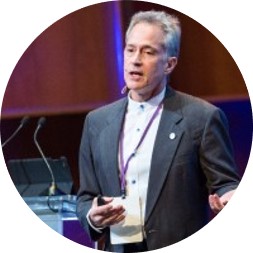
Dr. Marcus Carson, Stockholm Environment Institute
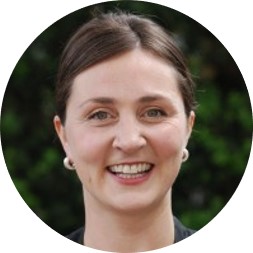
Dr. Vanessa Timmer, One Earth
Keynote

Dr. Atsushi Watabe, Institute for Global Environmental Strategies (IGES)
Panellists
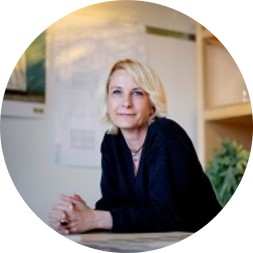
Ms. Lena Julle, Head of Sustainability, IKEA Range

Ms. Denise Conselheiro, Akatu (Brazil)
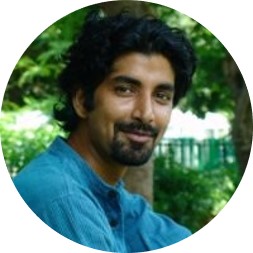
Mr. Vimlendu Jha, SWECHHA (India)
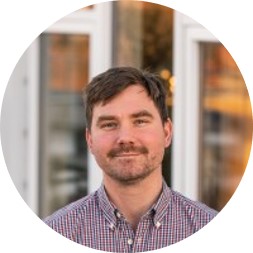
Mr. Filip Eklund, City of Gothenburg

Ms. Natalie Mangondo, Youth Fellow, UN Climate Change Champions Team
Professor Göran Finnveden, Mistra Sustainable Consumption Program, KTH

Ms. Kate Laffan, LSE, Dept of Psychological and Behavioral Science

Mr. Dushyant Manchandia, Specialist - Sustainable Everyday Life at Sitra
Workshop Co-Leads
- Stockholm Environment Institute (SEI)
- Institute for Global Environmental Strategies (IGES)